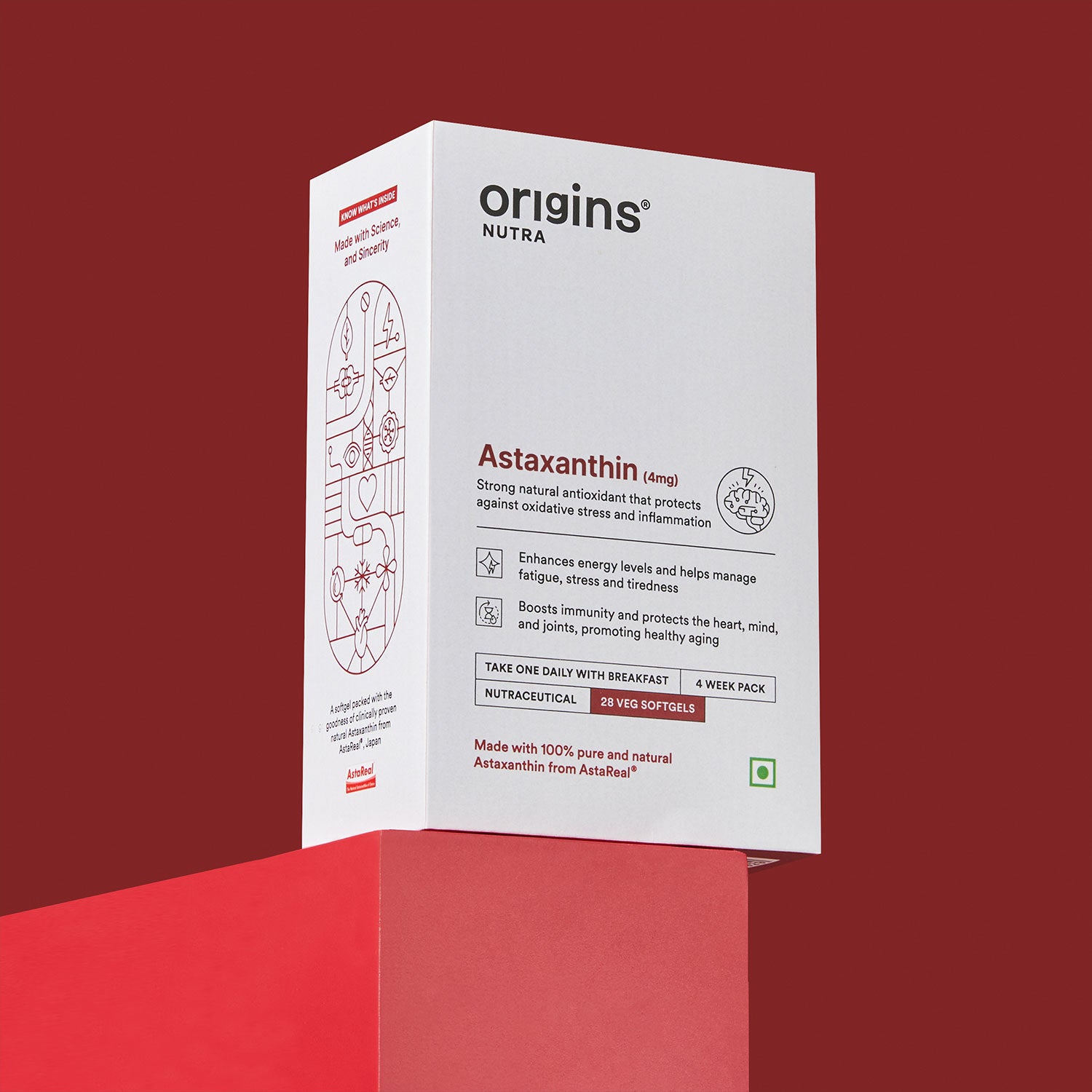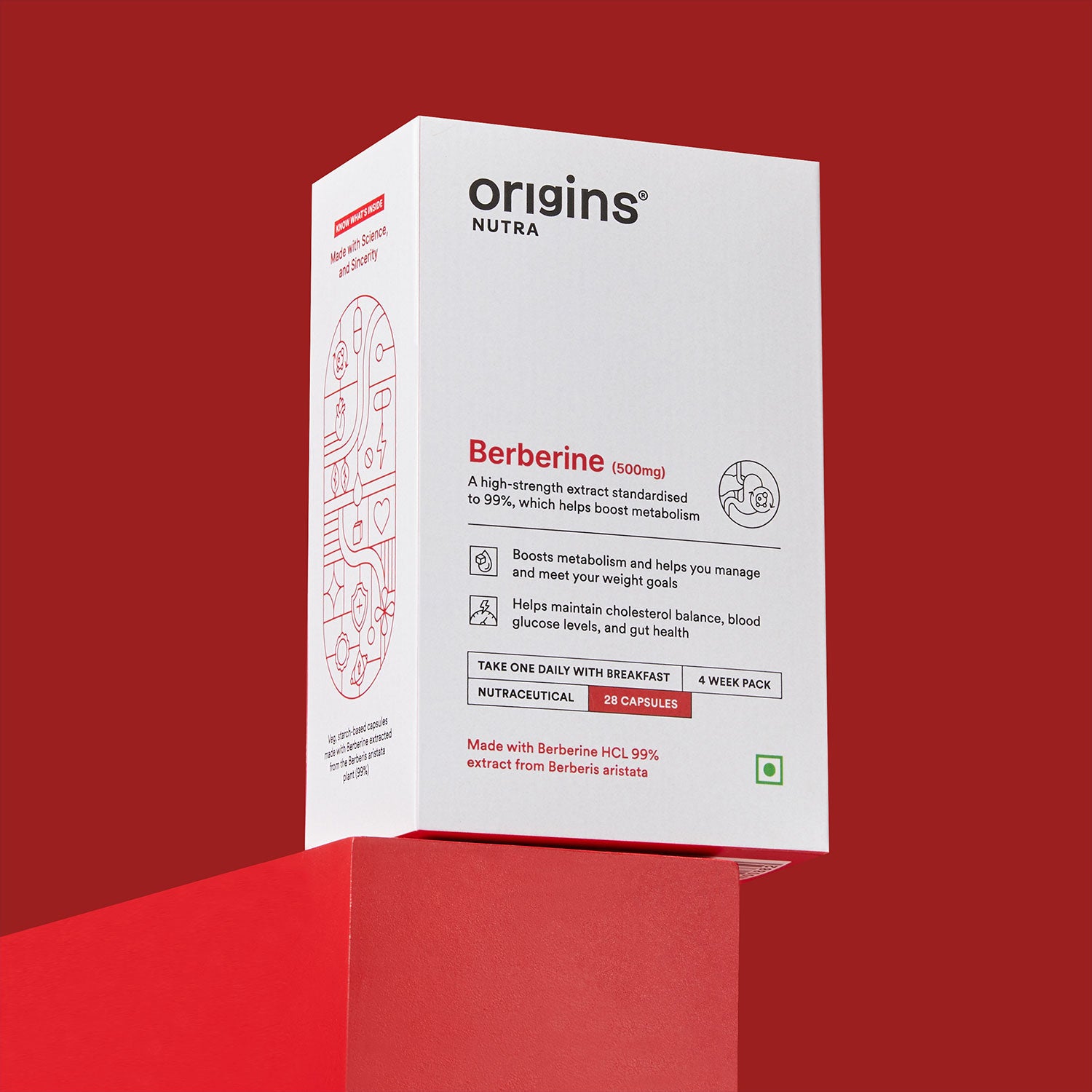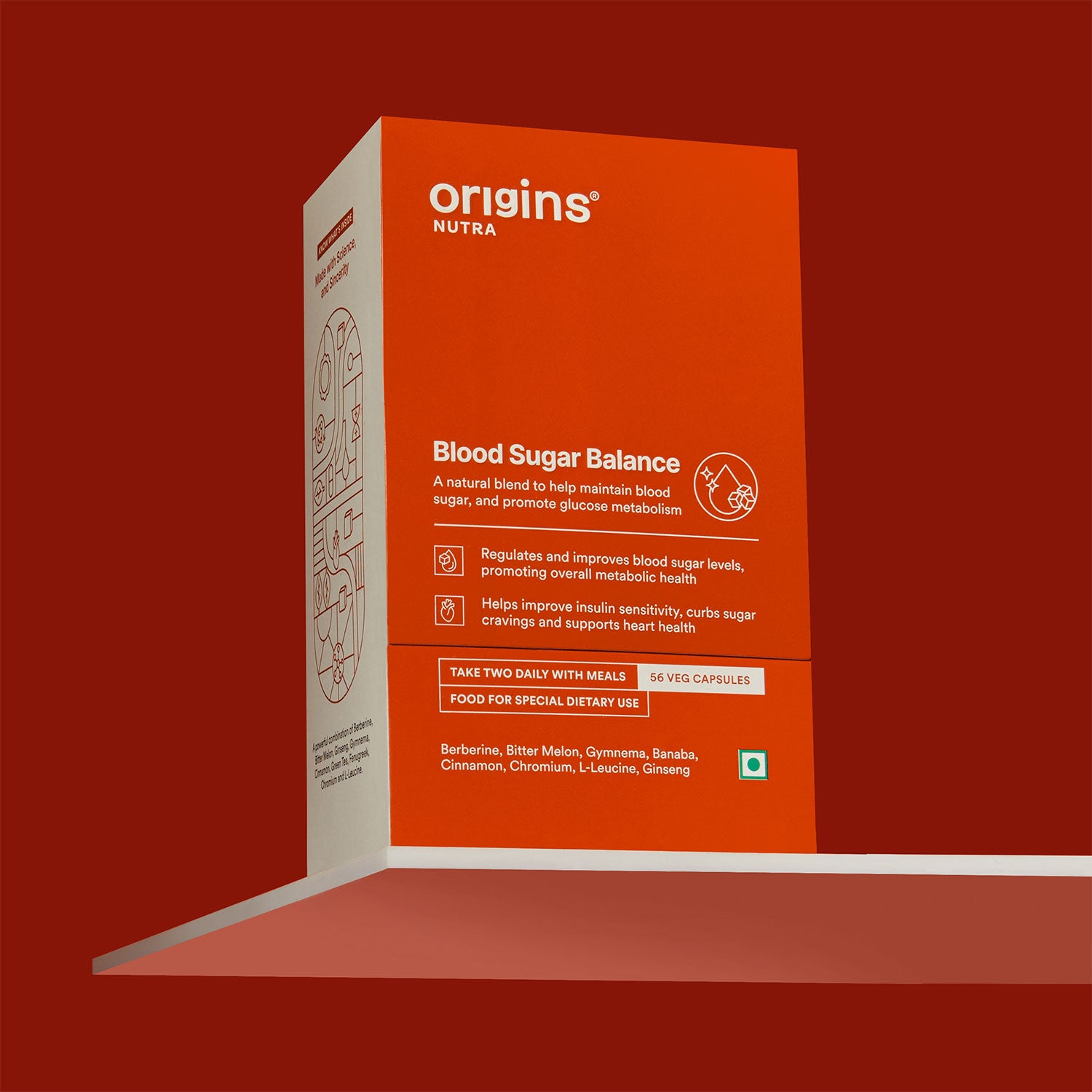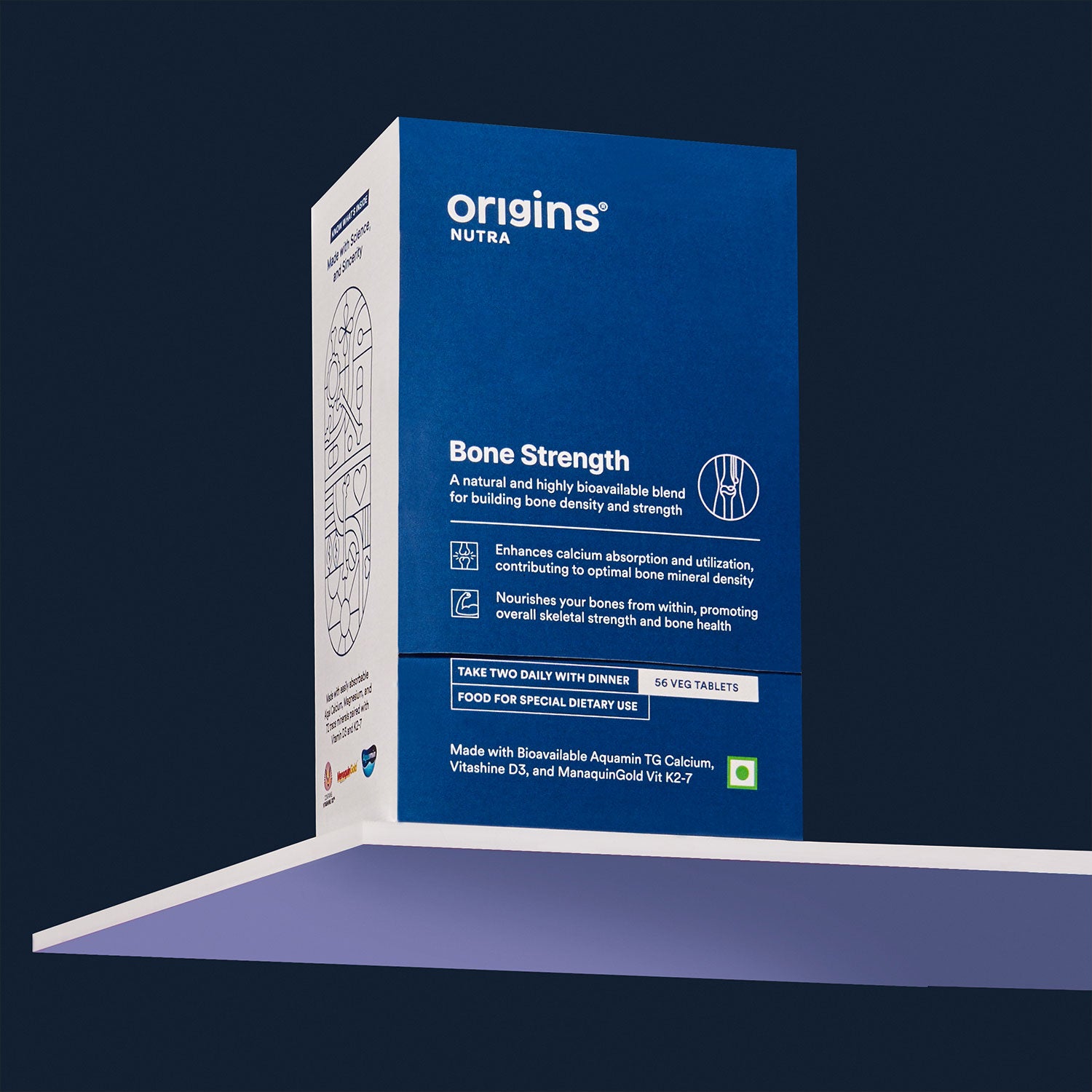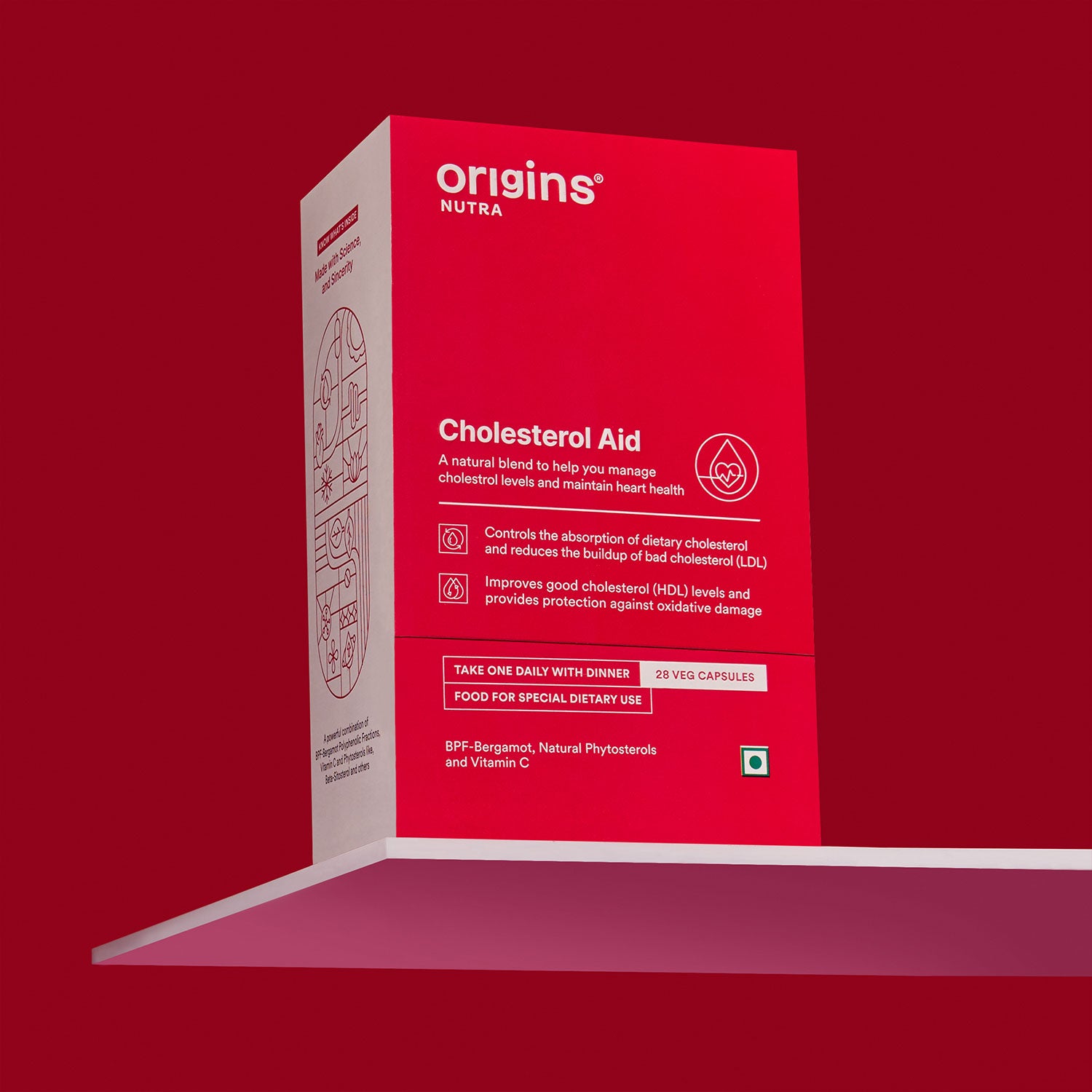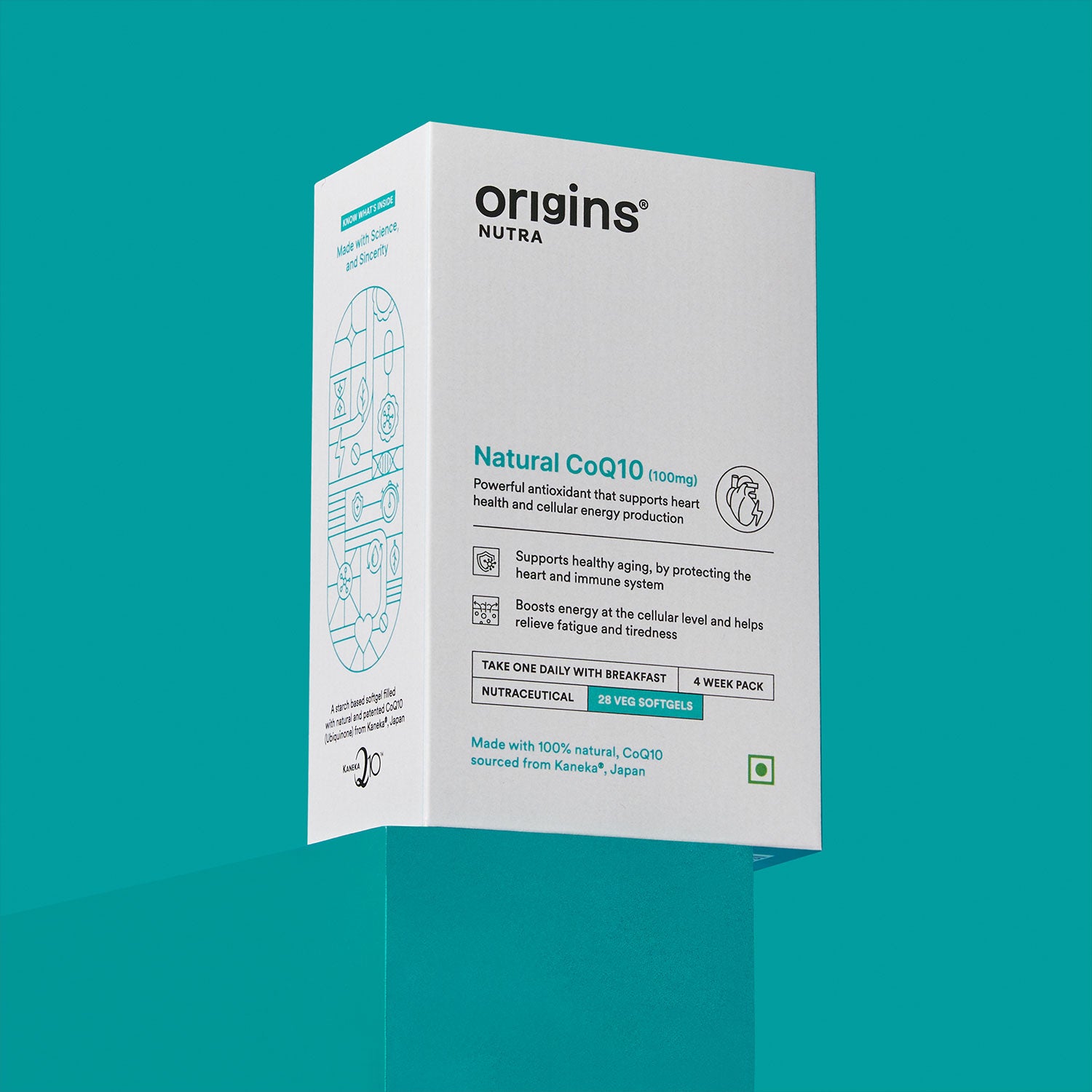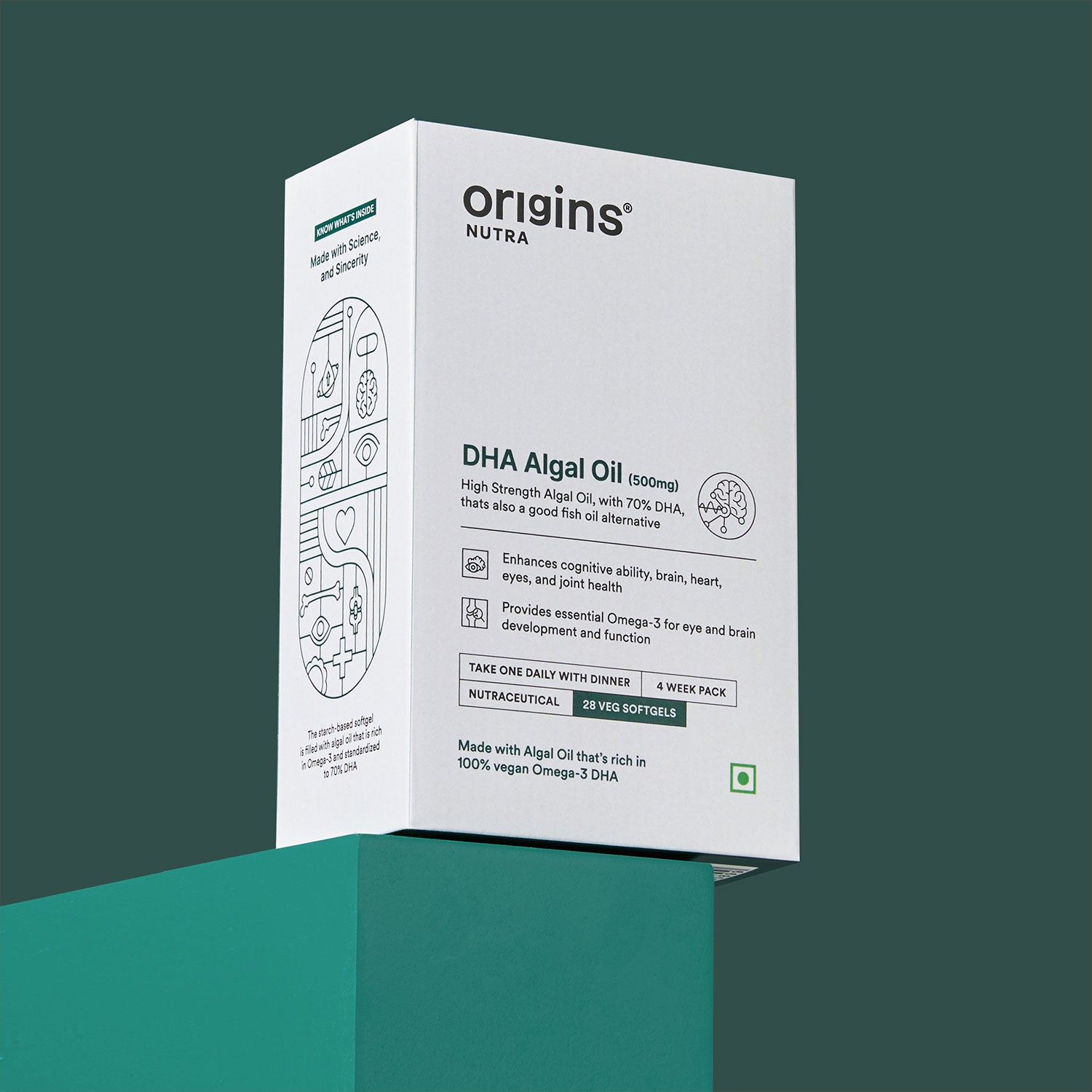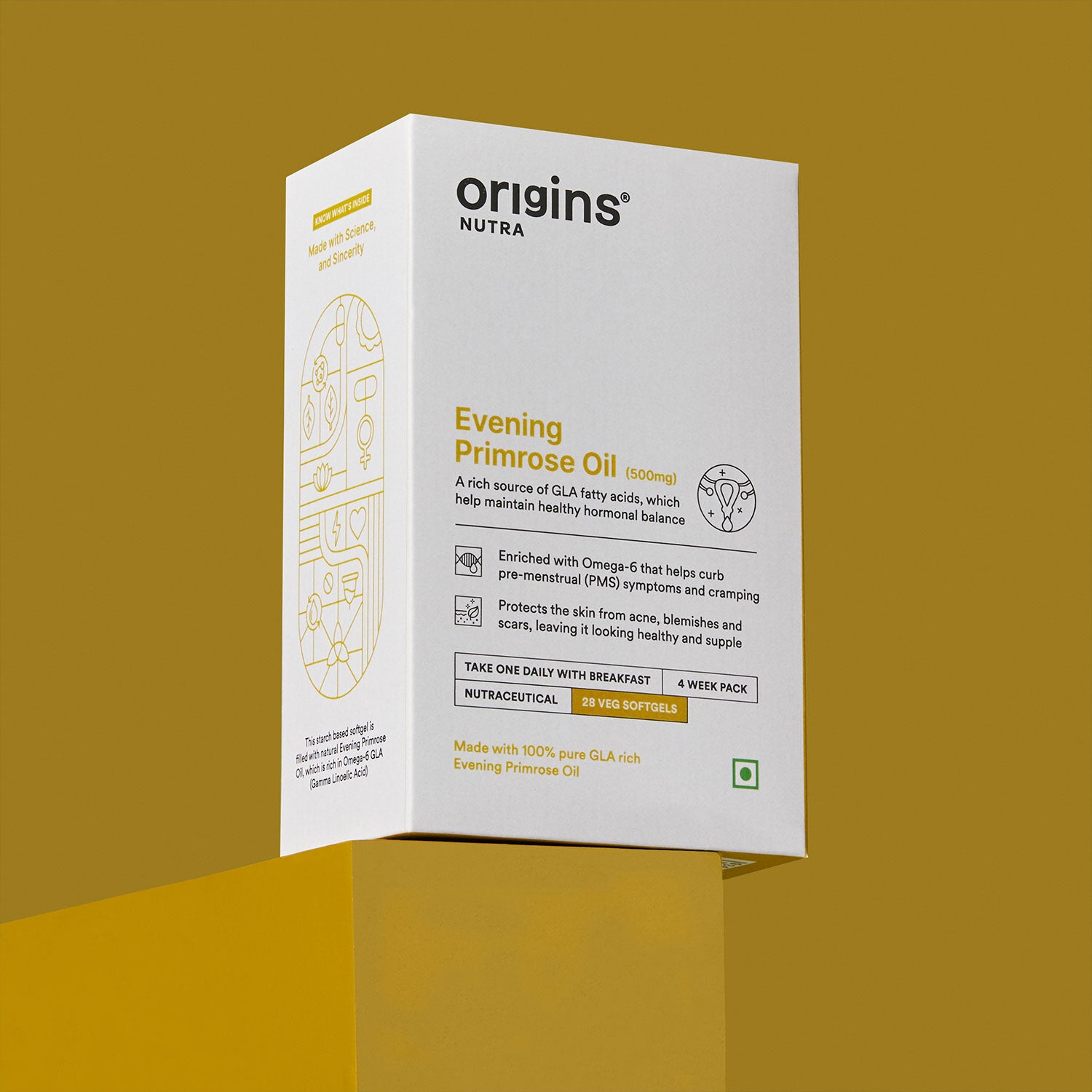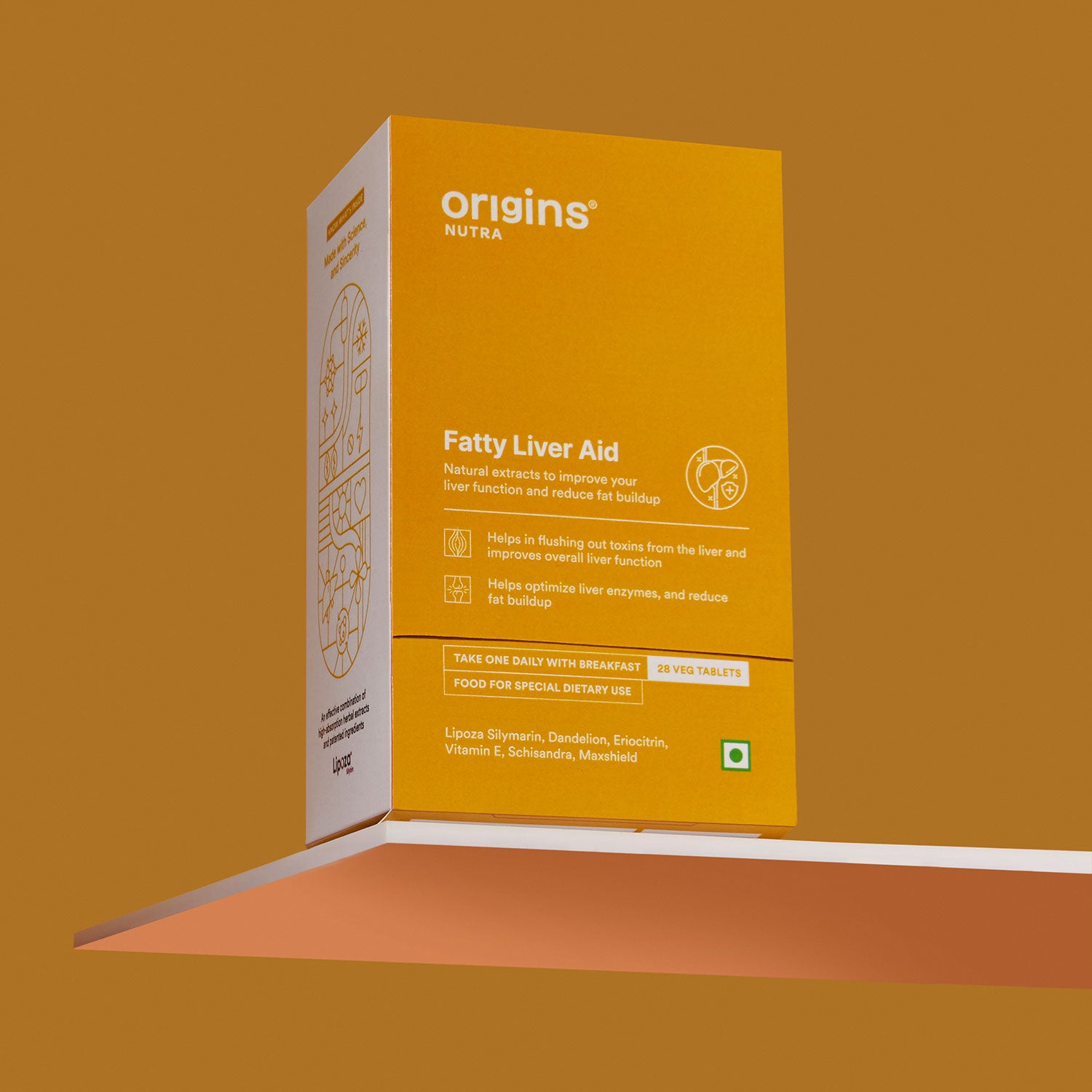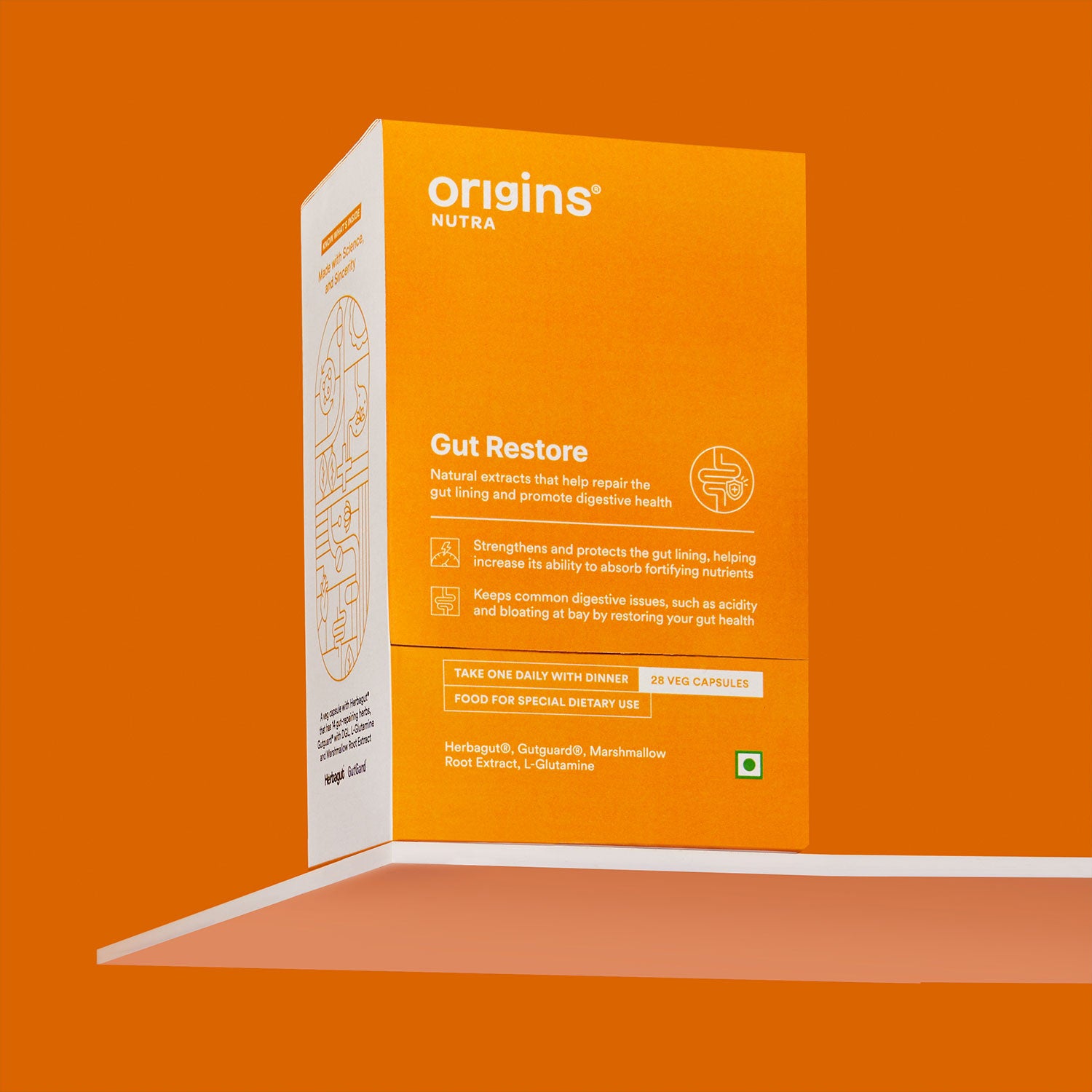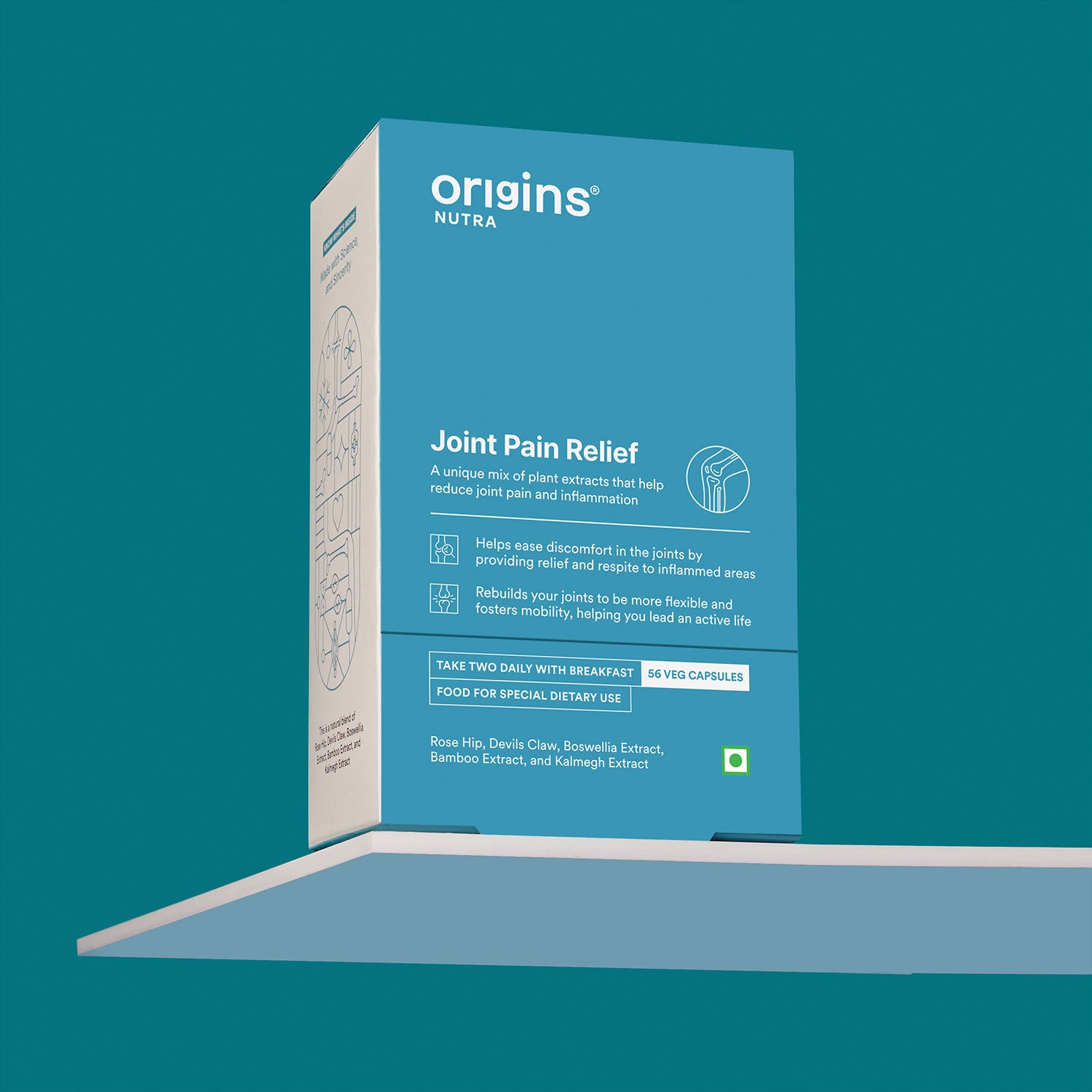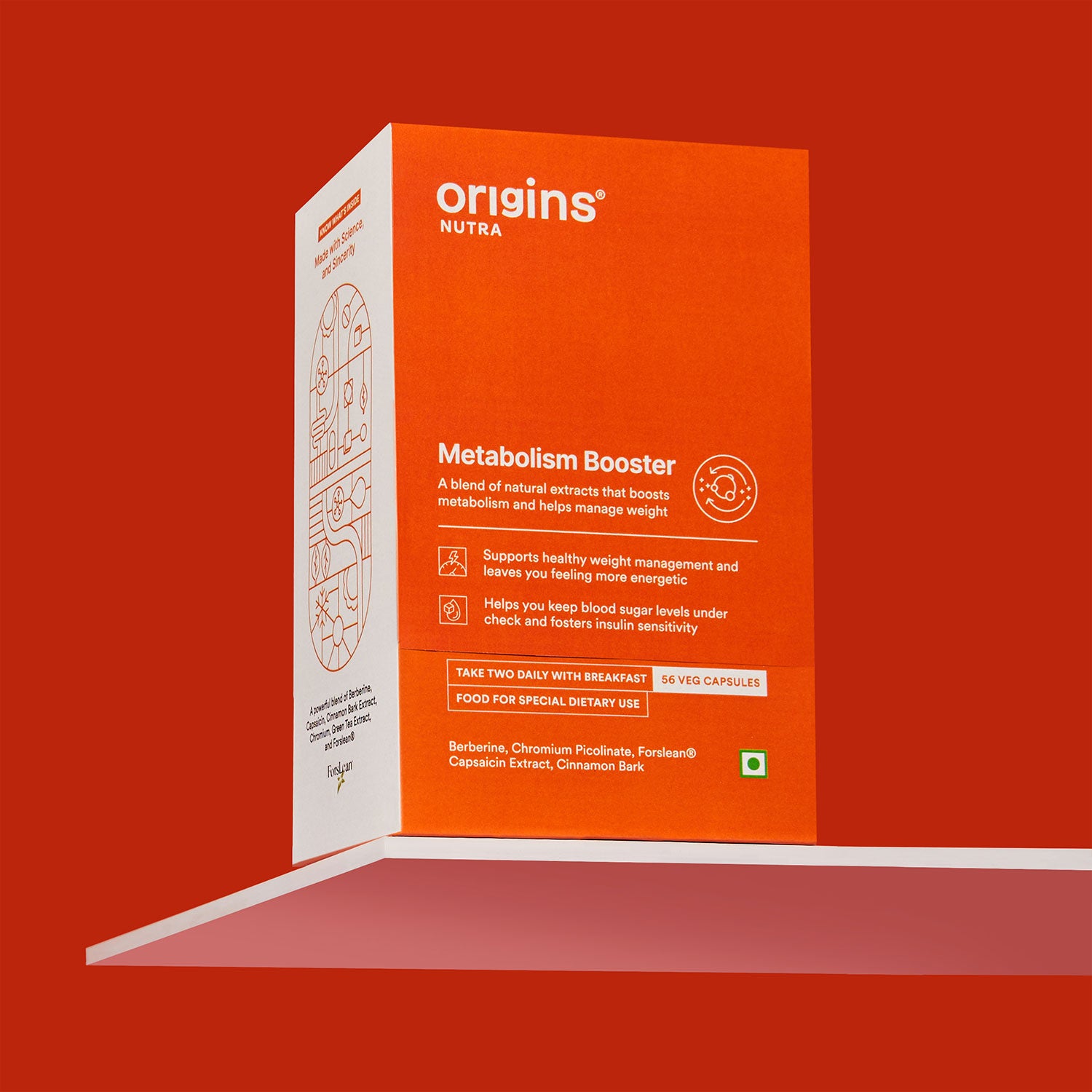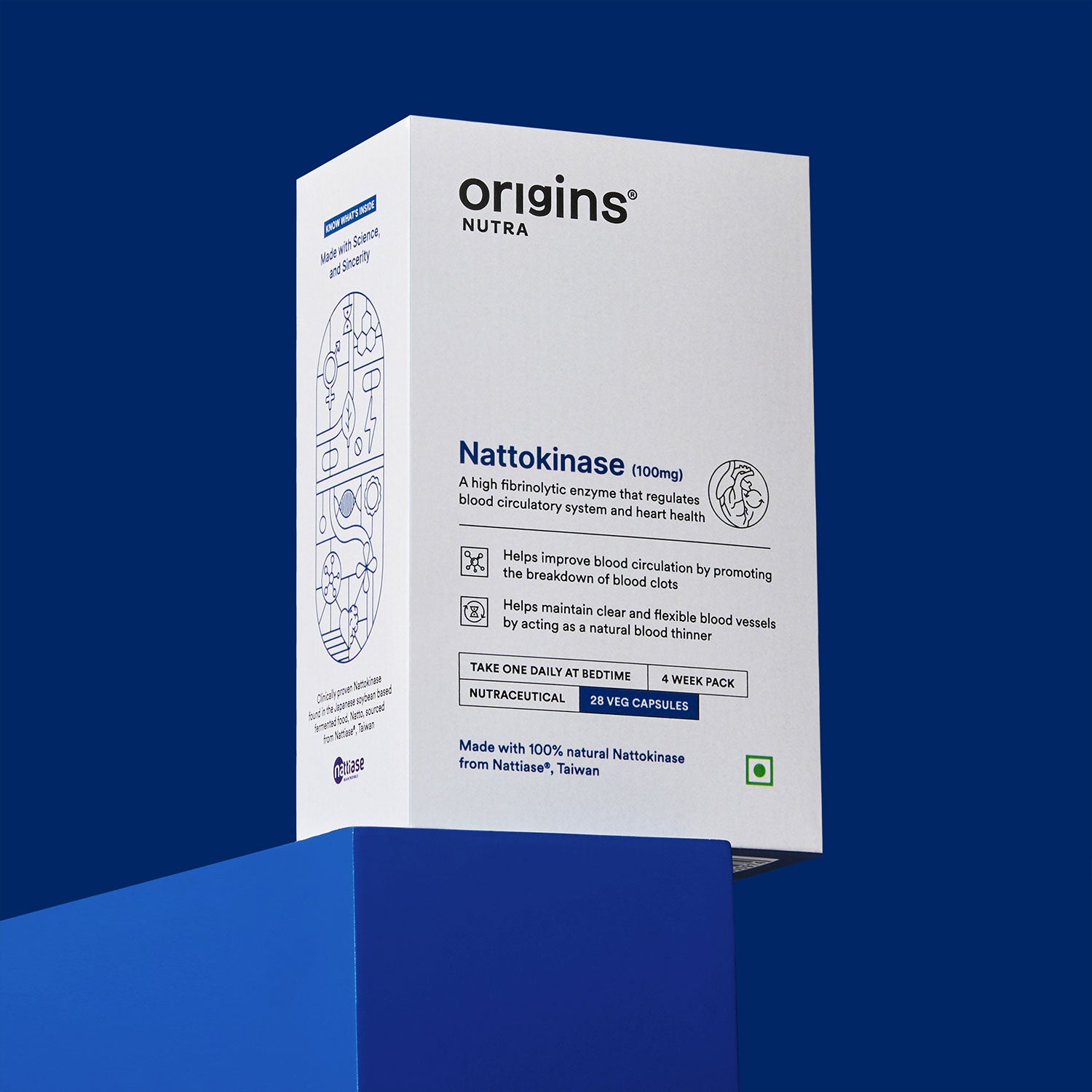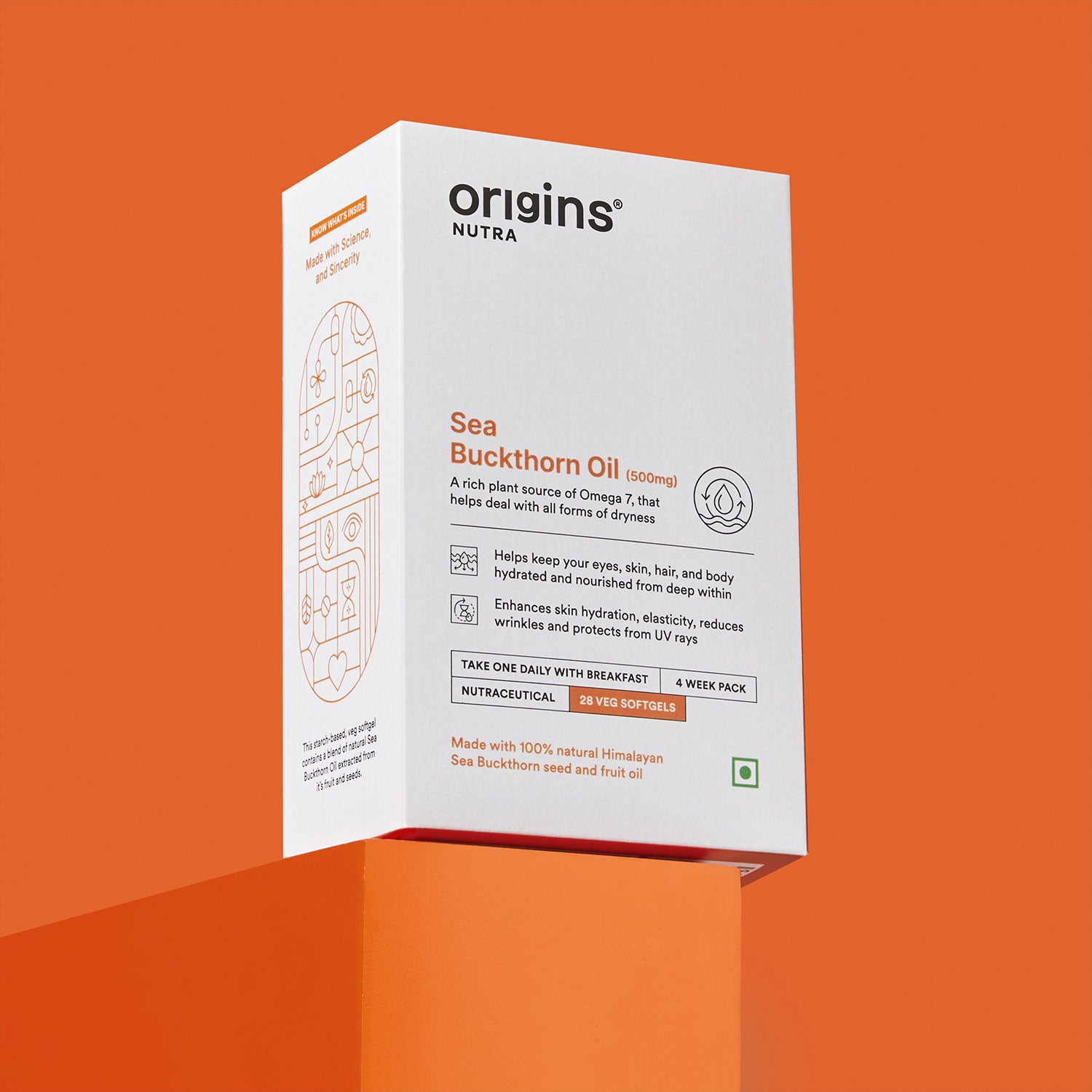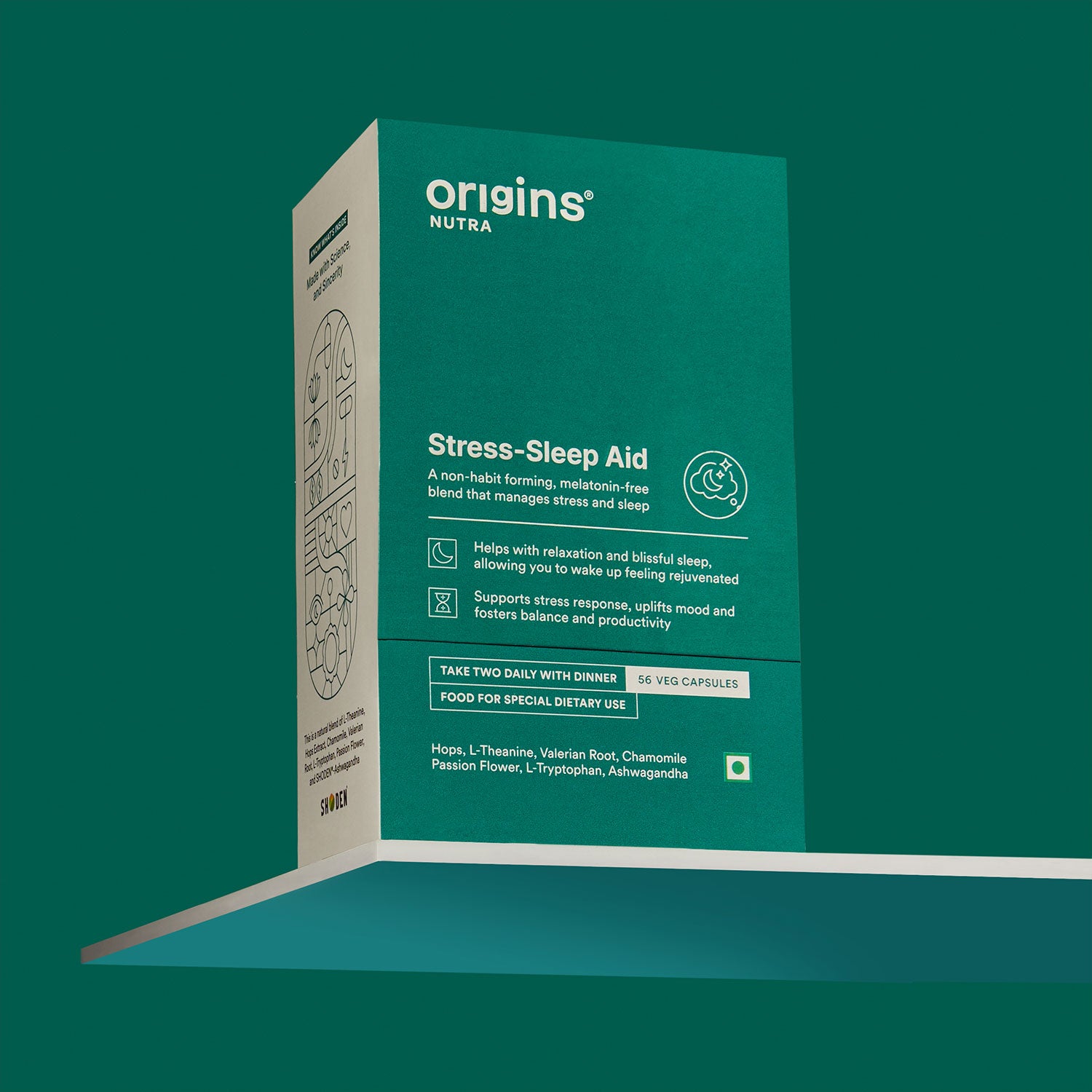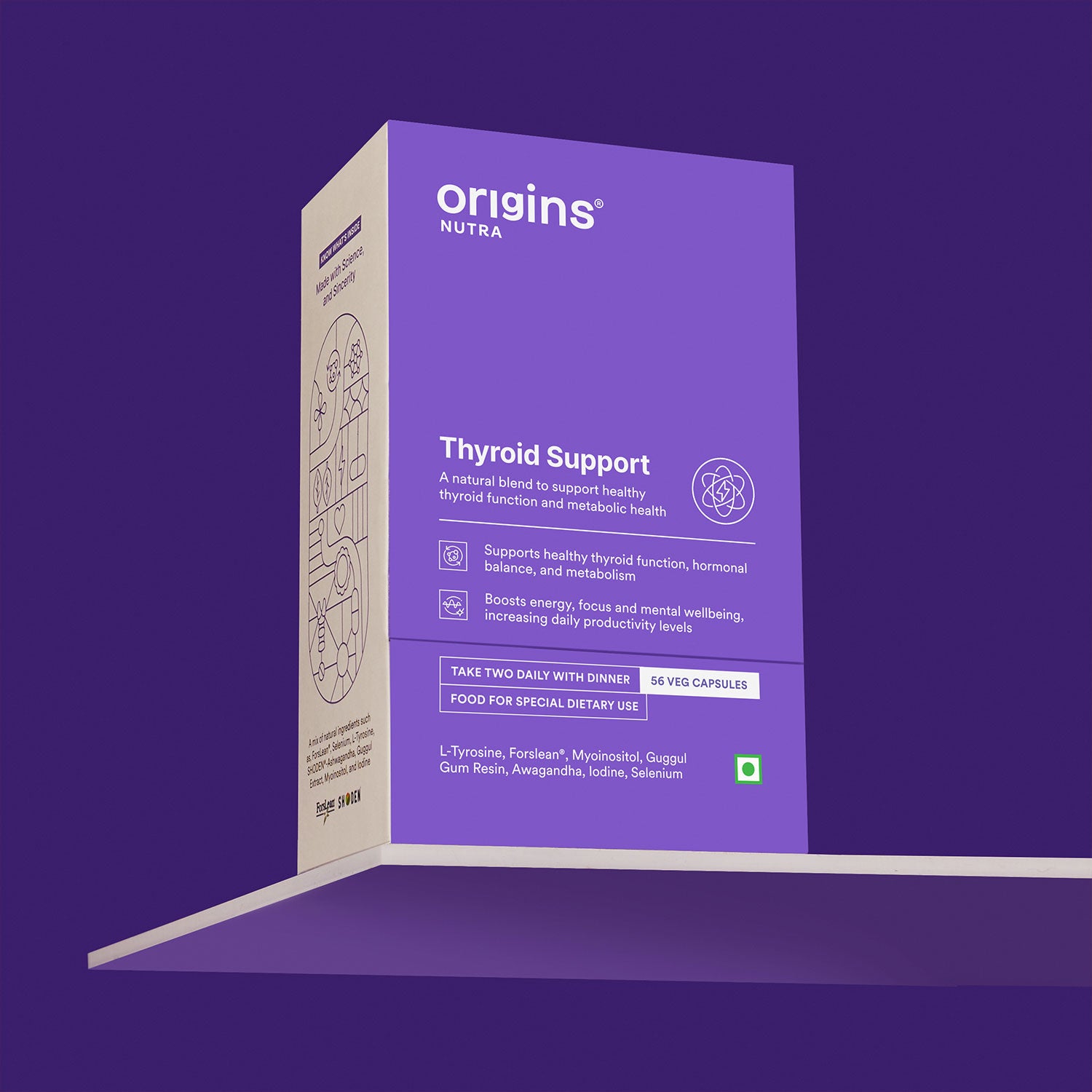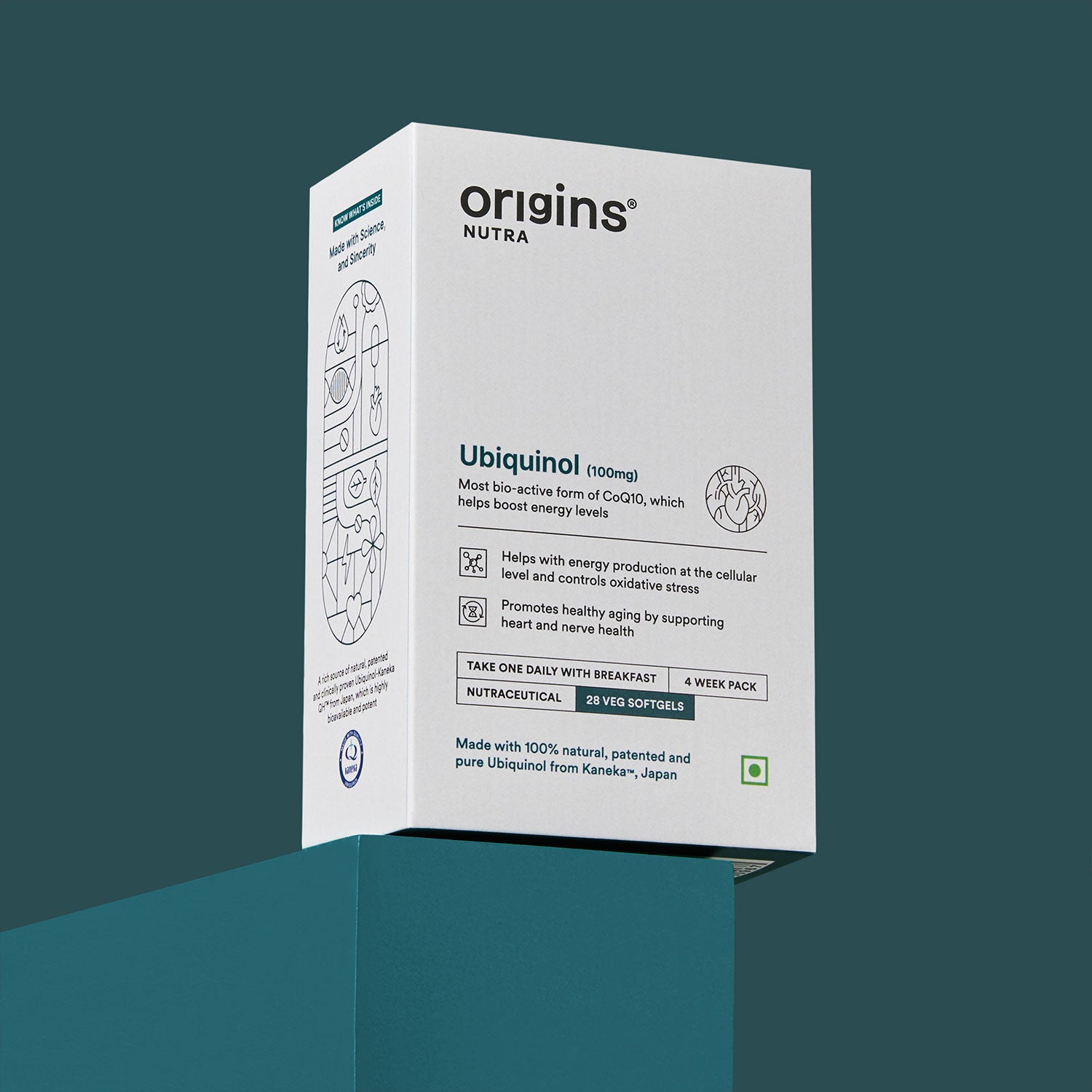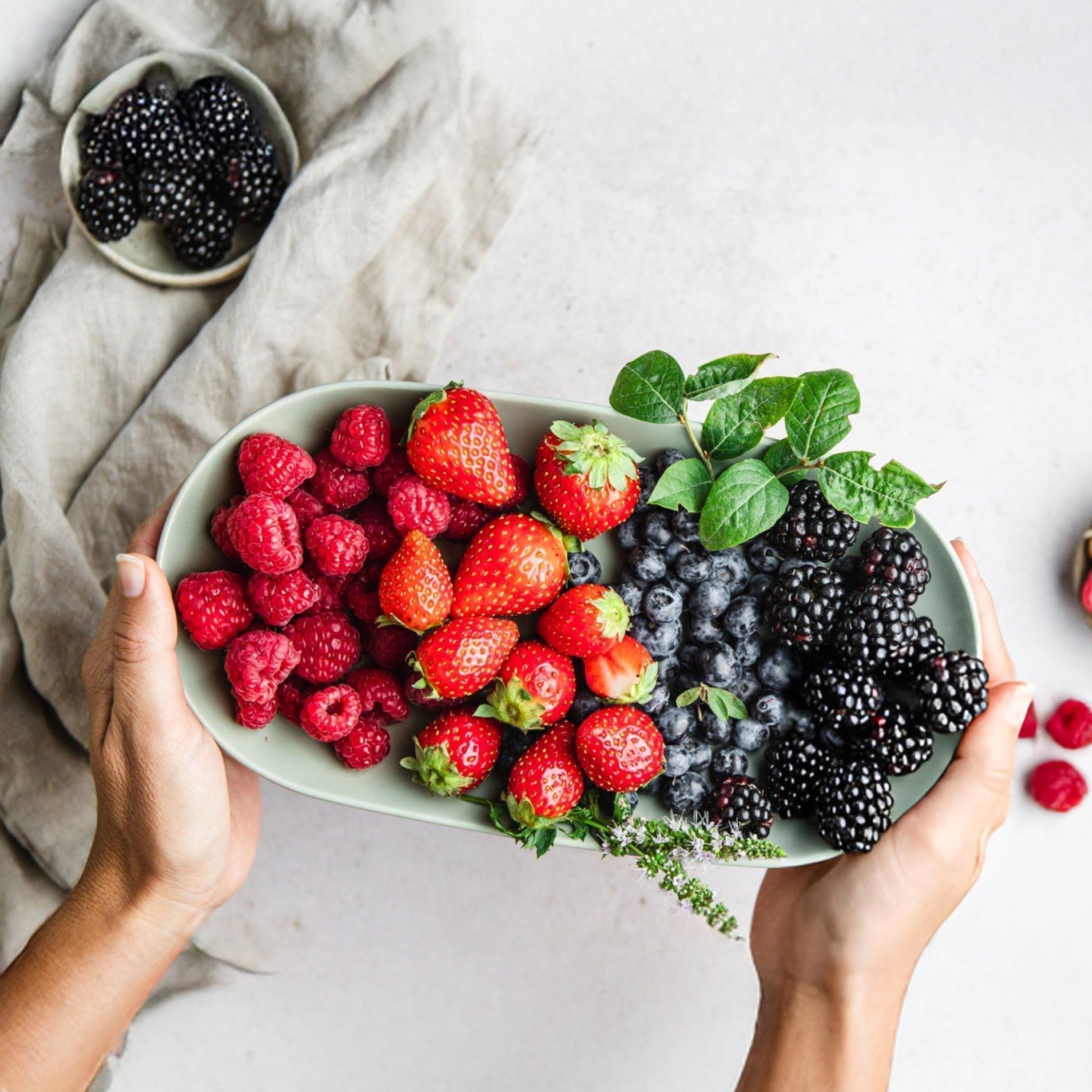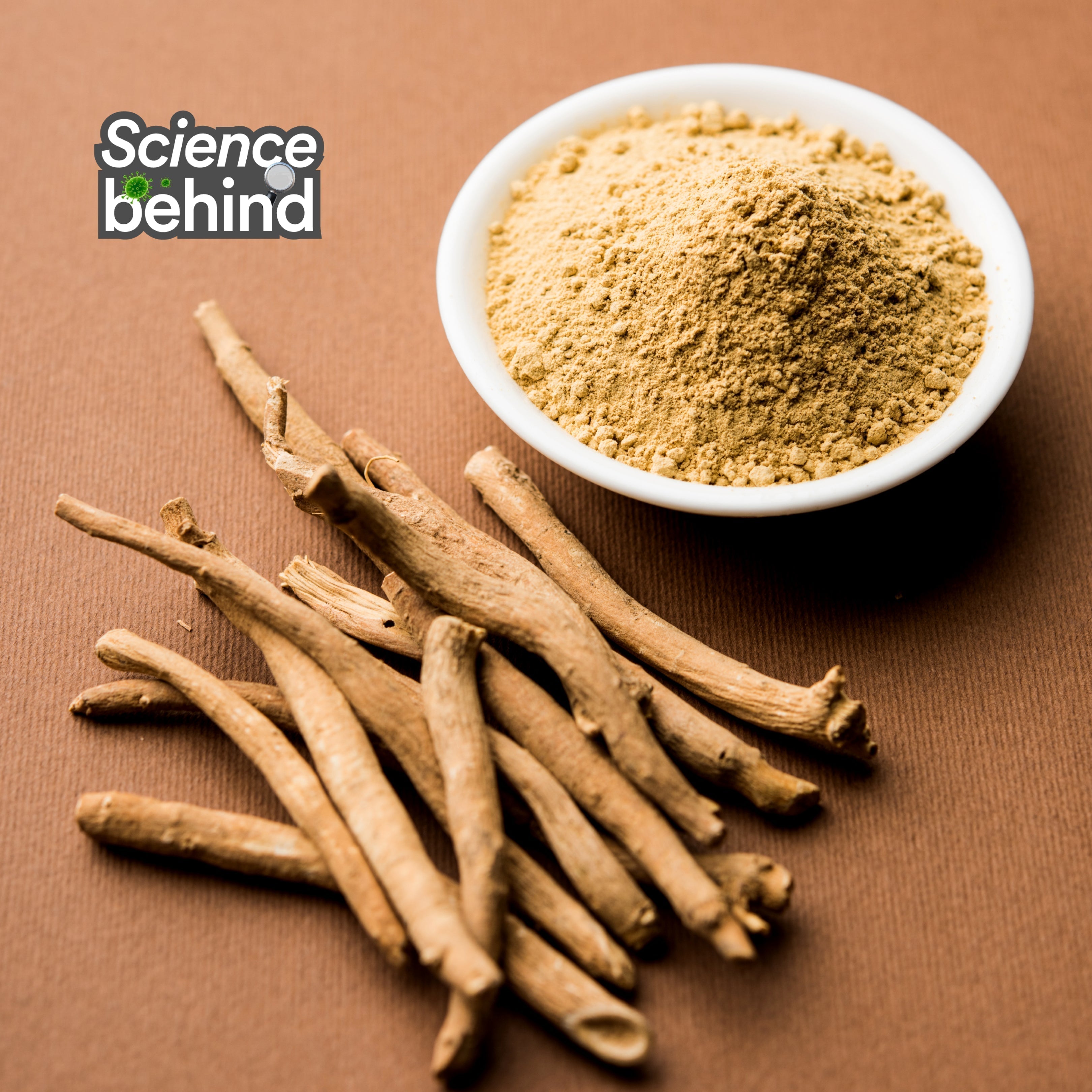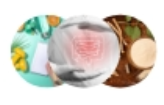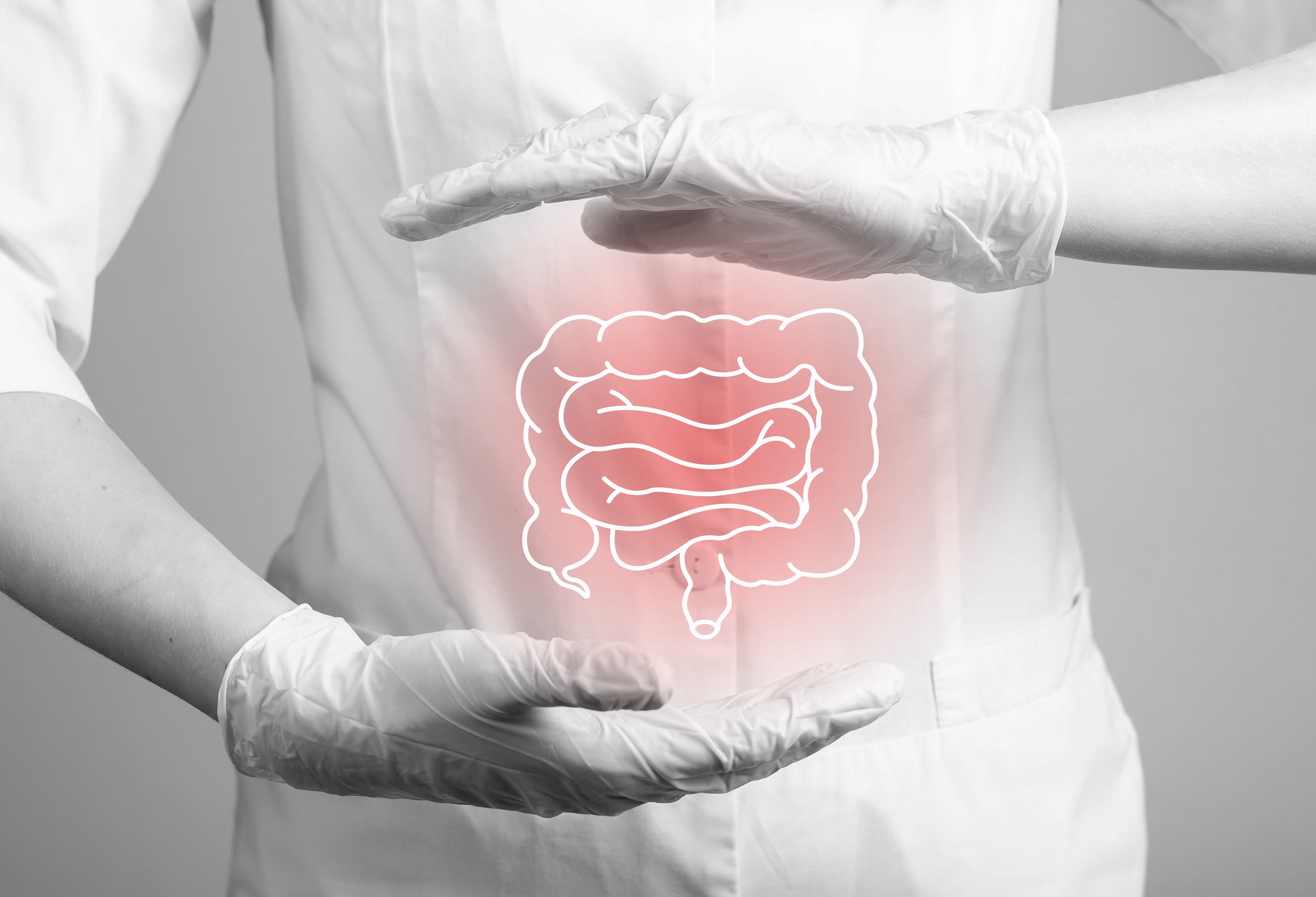Is your body craving Nutrients or Food?
- What are food cravings?
- Link between food craving and nutritional deficiencies
- Potential nutritional deficiencies and cravings
- Conclusion
Do you constantly feel hungry? Do you crave sugar every few hours to get through the rest of the day? As per recent studies, these food cravings signify that you may be craving a particular nutrient more than the food item itself.
What are food cravings?
Cravings are strong, urgent desires for specific foods, often associated with hormonal changes like those during pregnancy. However, they're increasingly common in everyday life and may be linked to nutrient deficiencies. These cravings typically involve sugary, salty, or fatty foods, and can arise regardless of hunger levels. You might feel a rush of excitement as you anticipate the taste and sensation of eating the desired food, whether you last ate recently or are still digesting your last meal.
What is the link between food craving and nutritional deficiencies?
The human brain remains a complex mystery despite extensive study. Terms like "sugar addict" or "chocoholic" are commonly used to describe intense cravings, often attributed to a sweet tooth or lack of willpower. However, cravings are influenced by various factors, including brain signals, habits, and food accessibility. Certain foods trigger the brain's system, releasing hormones that drive repeated consumption. These "hyperpalatable" foods affect hormones like insulin, cortisol, dopamine, and ghrelin, impacting our cravings. Appetite hormones like glucagon-like peptide and cholecystokinin regulate fullness. Conversely, ghrelin signals hunger when the body hasn't eaten in a while.
When our body craves a particular food item, it is our brain's craving for a specific nutrient that comes along with the food item we are craving to consume. For example, if we crave chocolate, our brain might be sending out signals that our body might need some magnesium — a compound present in rich concentrations in cocoa.
Potential nutrient deficiencies and cravings
Craving specific food items can be related to nutrient deficiencies. Few examples are:
1) Chocolate cravings:
Craving for chocolate can be related to magnesium deficiency. However, it might not always be magnesium, either. Chocolate is also rich in vitamin B, copper, and essential fatty acids.

Magnesium deficiencies can also be manifested in the form of cravings for foods like nuts and beans, which are healthier options for treating magnesium deficiencies than chocolate. Other treatment options include magnesium supplementation to ensure that you meet your daily Required Dietary Intake (RDI) instead of micronutrient levels from food.
2) Cravings for bread and toast:
Cravings for foods like bread or toast may be associated with an insufficient nitrogen intake. If the nitrogen amount your body uses is higher than the amount it consumes, a negative nitrogen balance is created in your body. This triggers your cravings for bread and toast. However, the healthier alternatives to eating bread for nitrogen are nutritional foods like leafy greens, nuts, citrus fruits, and seeds.

3) Salty food cravings:
Sodium and chloride deficiencies trigger cravings for salty food like processed or canned foods, that are high in salt concentrations, wherein salts are added as preservatives. Other cravings include fries, chips, namkeens, pickles, papads or just plain added salt on food. This may also mean you are dehydrated, so you should consume more fluids than normal.

Salt deficiencies are not so common as the RDI for sodium and chloride is usually met by the food items.
4) Eating more cheese or meat:
Iron deficiencies are manifested as hankerings for red meat, or even dairy products like cheese and milk. Iron deficiencies are common, especially among children, vegetarians, vegans, and pregnant women.

Nutrient foods like green leafy vegetables, beans, dates, broccoli, and nuts are good sources of iron. However, there are instances where individuals may not consume enough to meet their daily iron requirements. In such cases, supplementation becomes necessary, especially if absorption is hindered. Vitamin C is often recommended to aid in the absorption of iron.
Most doctors recommend iron supplements, which not only improve pregnancy outcomes but also boost growth in children. Iron supplements are available in the form of multivitamin supplements for women and children.
5) Craving for fried or fatty foods:
Craving fatty foods is often a sign of calcium deficiency. Another strange manifestation of calcium deficiencies is craving ice or other non-food items like chalk, laundry detergent, or even dirt! This is a disorder called pica, which is associated with low calcium and low iron levels.

The prognosis for calcium deficiencies often includes healthier nutritional foods like dairy products, seeds like pumpkin and hemp, green leafy vegetables and some fruits.
Conclusion:
In conclusion, while studies suggest that multivitamin supplements can help alleviate cravings by addressing nutrient deficiencies, the complex interplay of mental satisfaction, physiological states, and other factors cannot be overlooked. Nevertheless, it's widely recognised that many individuals struggle to meet recommended nutrient intakes, making poor dietary habits a significant concern. Origins Nutra aims to bridge this gap by providing supplementary support to promote overall health and well-being in today's fast-paced world.
